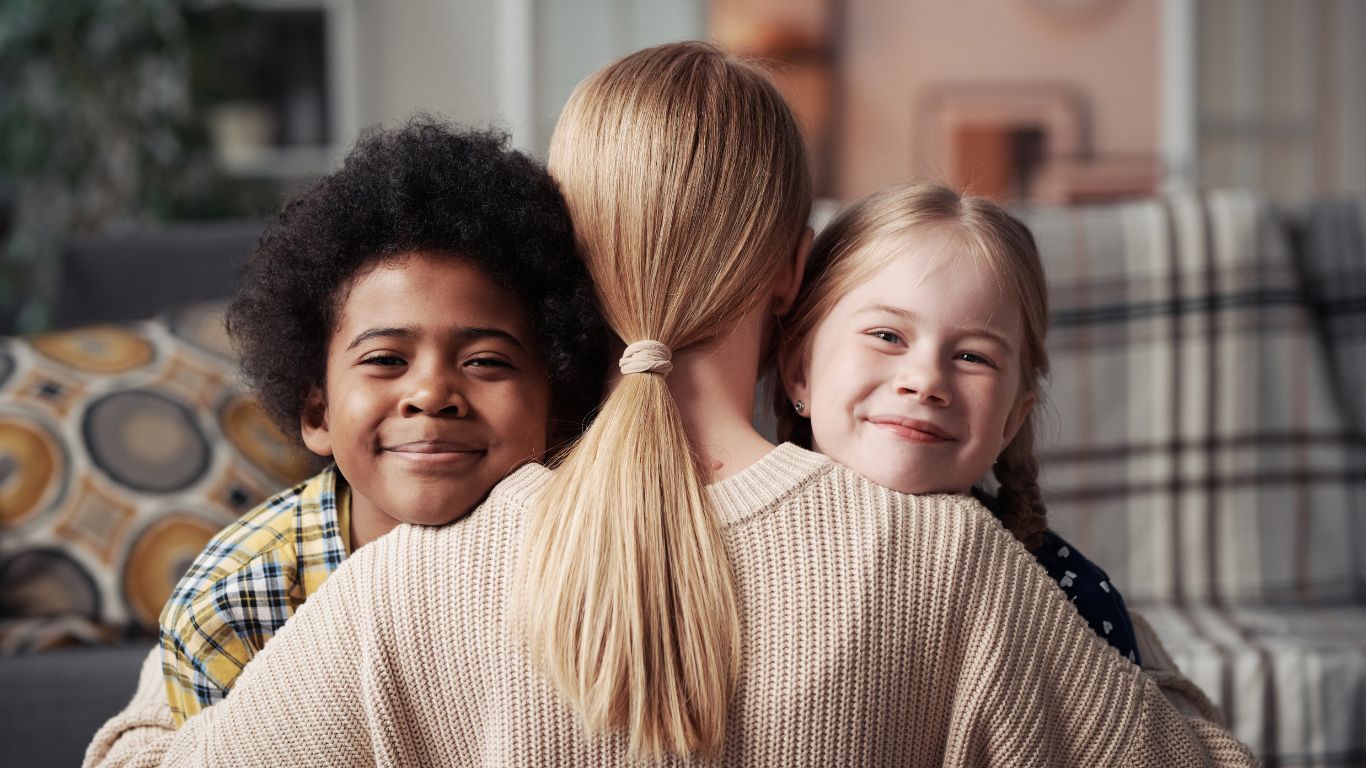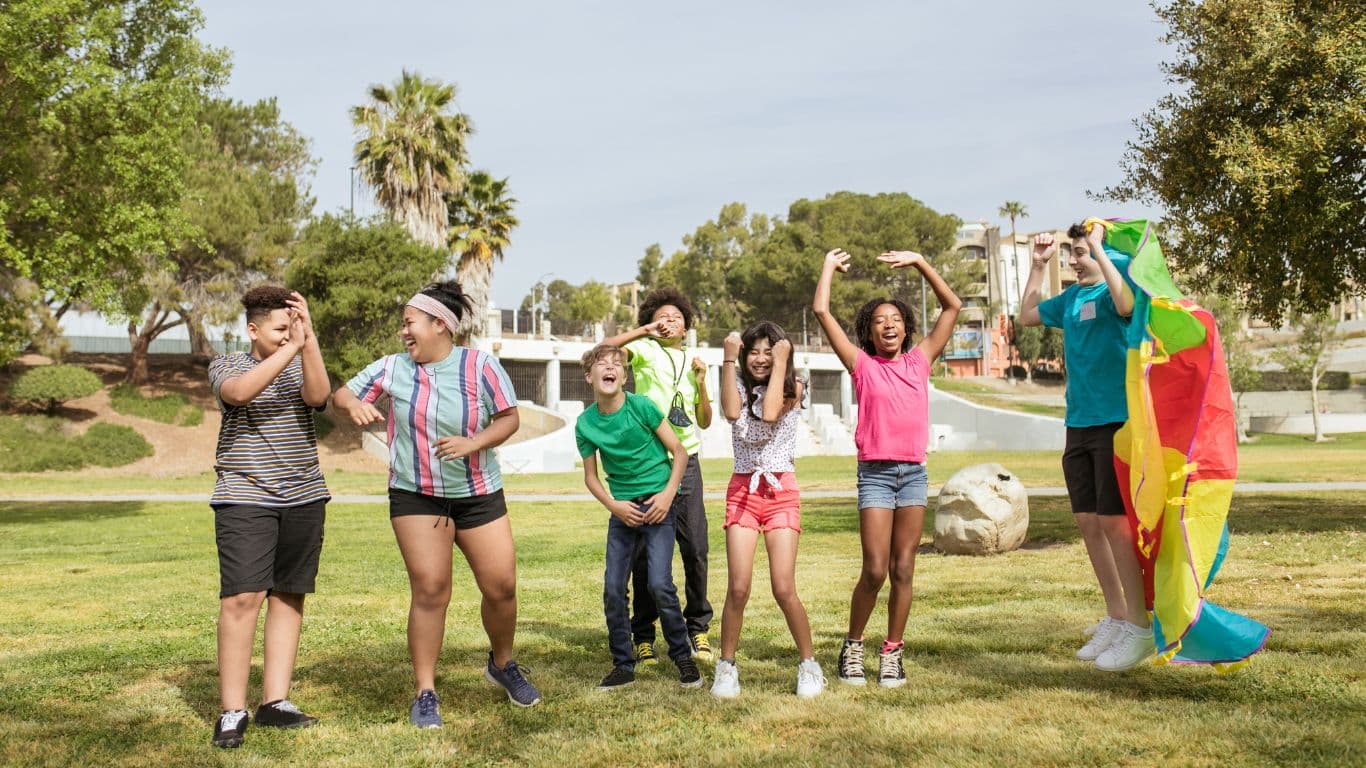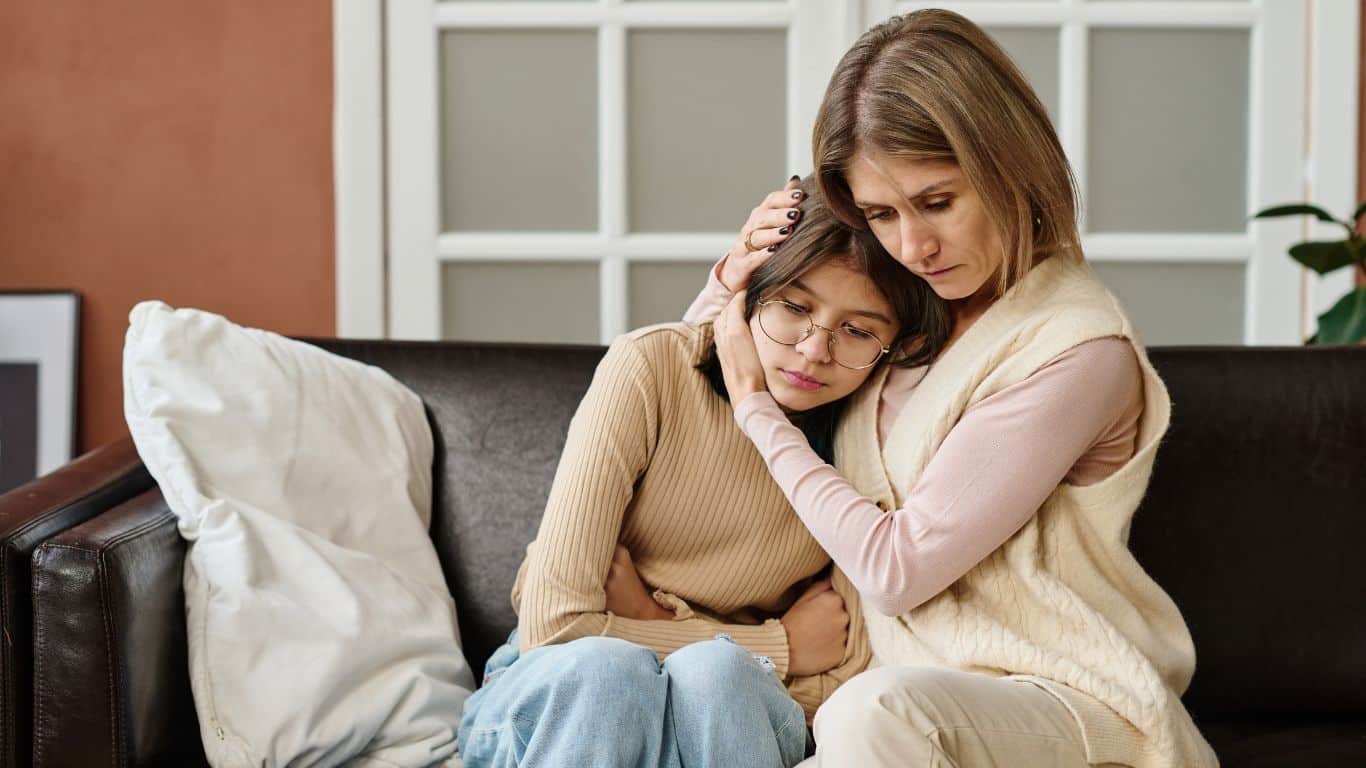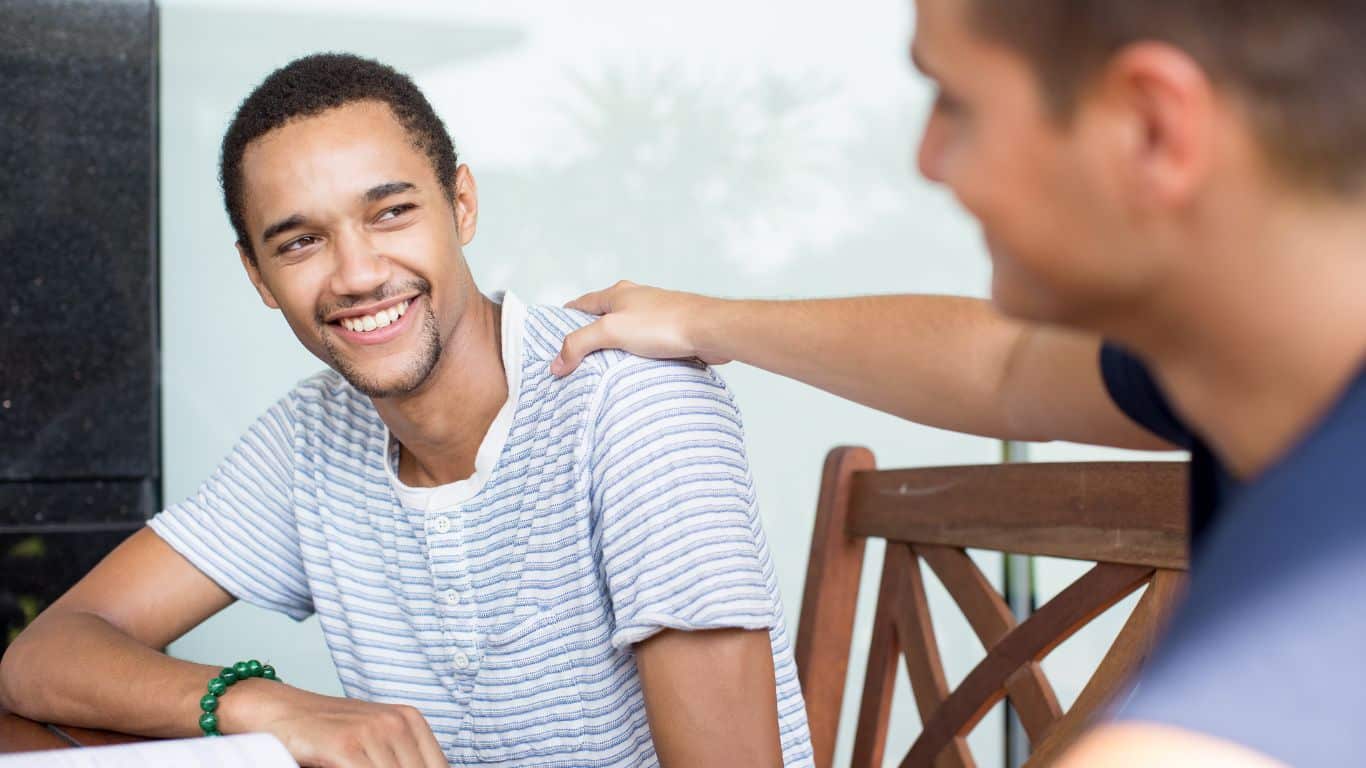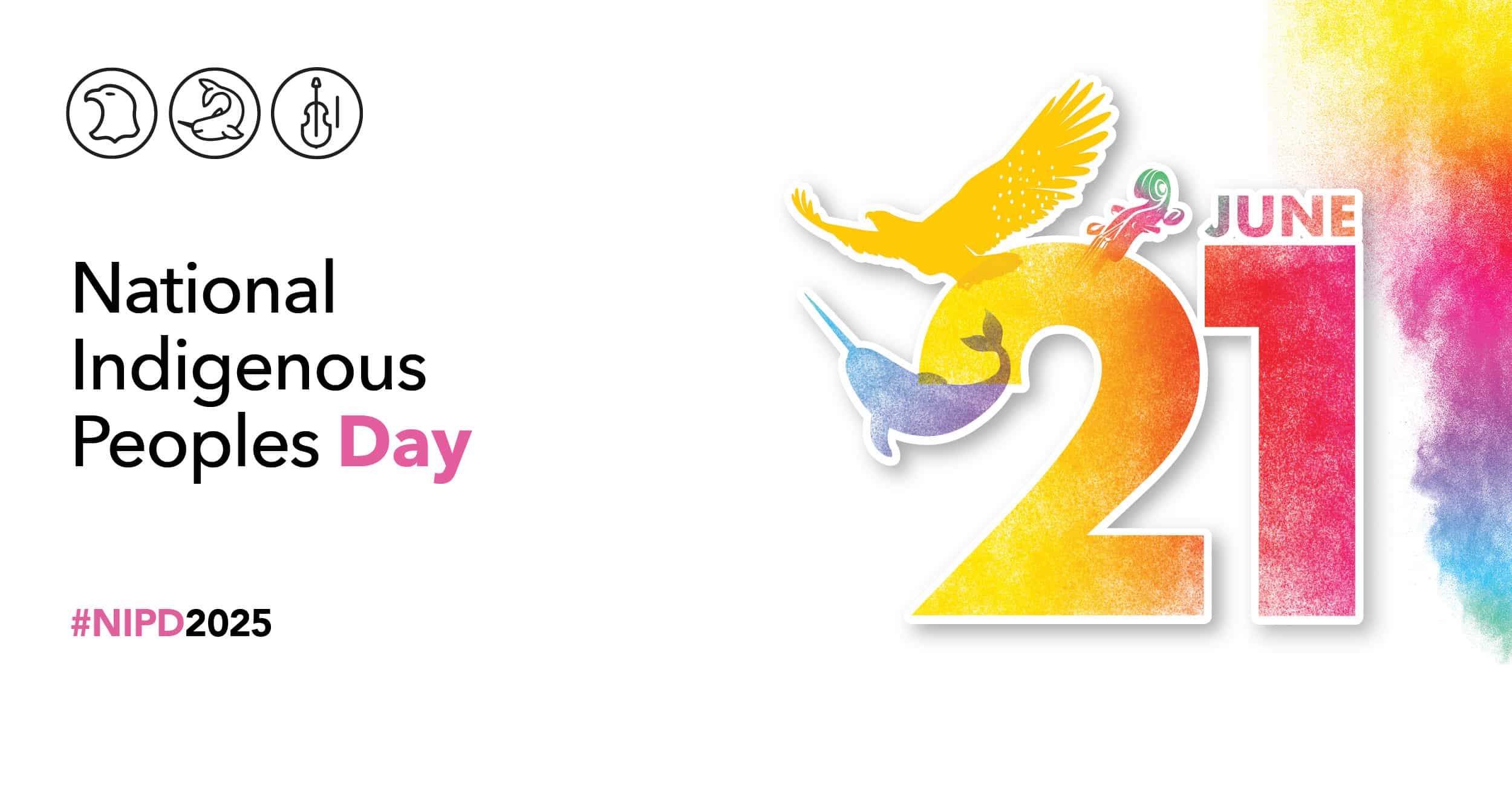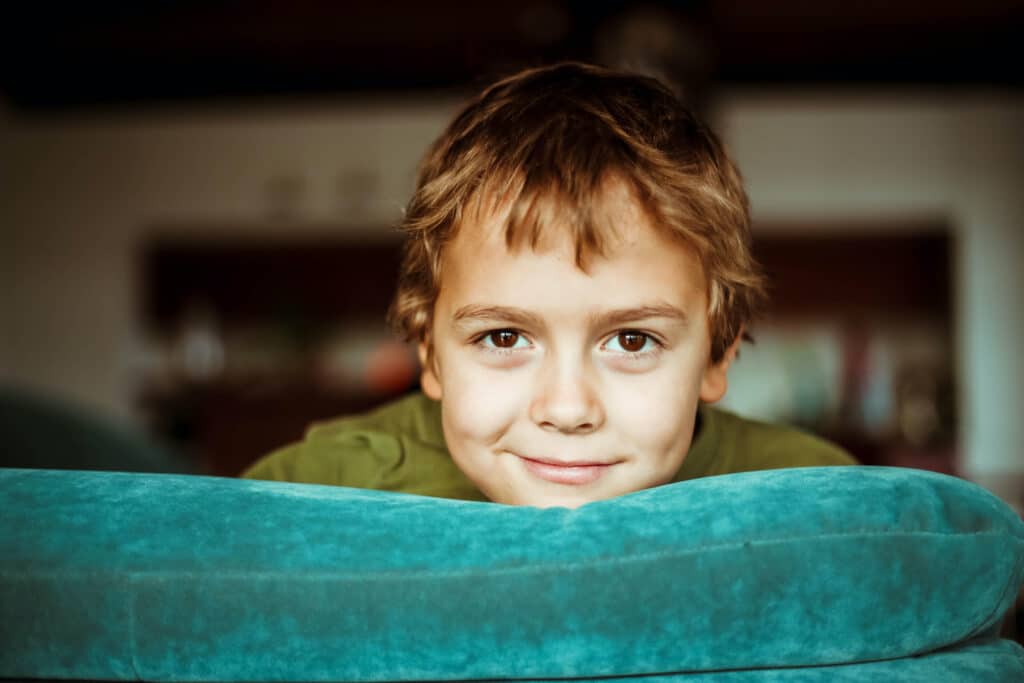We are pleased to share with you some information on adoption. We hope it will help us all to celebrate the adoption in our family.
Adoption ABCs
- Adoption is a legal and social process whereby one or two adults become the parent(s) of a child. Once a child is adopted, they are the same as any birth children in terms of the law and parental responsibility.
- The lack of blood ties is no barrier to love–this fact is proven again and again by adoptive parents and their kids.
- Adoption isn’t a second-best parenting option–some adoptive parents choose adoption instead of having biological children. Other parents have biological children before or after adopting.
Opening up adoption
- Many adoptive parents have an open relationship with the birth family of their children. This can range from exchanging cards and letters to frequent, in-person contact. Contact, or even just knowledge about their birth parents, is of tremendous value for adoptive children, birth parents, and adoptive parents.
- Open adoption isn’t “shared parenting.” It just means that there are far fewer unanswered questions for adopted kids and more people in their lives who love them.
- Of course, not all adoptees know or have information about their birth family. That doesn’t mean that they don’t have feelings for them or that their birth parents didn’t love them; it means that, for various reasons, they couldn’t parent them.
- Contrary to most stereotypes, birth parents are usually in their twenties and are often already parenting other children. Many birth parents are involved in choosing the adoptive parents for their child.
Fostering the facts
- Children who are adopted from foster care were not in care because of anything that they did wrong. For many different reasons, their birth parents were not able to take care of them. No matter what we think of their life choices or the circumstances that made adoption necessary, it is important we reserve judgement and speak respectfully about our children’s birth family, particularly in front of the children.
- The sometimes complex details of a child’s life before joining a family don’t need to be shared with just anybody. Adoptive parents appreciate it when their child’s privacy is protected.
Transracial adoption
Most parents who have adopted a child of another race or culture have stories about hurtful and racist remarks. This can range from “Who is his real mother?” to generalizations about people of his or her race such as, “She’s Asian, she must be good at math,” etc. We want our children to be proud of their origins and thoughtless remarks and racist comments can be extremely isolating and upsetting to a child.
Adoption and “rescue”
When parents adopt a child from an orphanage, they rarely do it to rescue the child or as an act of charity. They adopt because they want to become parents or to add more children to their family. In such cases it’s the parents who are the “lucky” ones, not the kids!
Roads to adoption
- Around 30 children a year are adopted as infants through one of BC’s licensed adoption agencies. Children from babies to teens need families. There are 700 children in the BC foster care system who are waiting to be adopted.
- Each year, around 300 children join families from BC’s foster care system.
- Each year around 100 children from other countries are adopted by BC families.
Who can adopt in BC?
To adopt a child, you must be 19 or older to apply. You can be single, married, common-law, or you can apply with another adult co-parent. LGBTQ2S+ applicants are welcome. You don’t need a particular income, education or religion. You do have to have the ability to commit to and love a child.
Adoption has changed
Not only has the type of people that can legally adopt a child widened over the last 30 years, but the secrecy surrounding adoption has considerably lessened. Adoption is no longer a secret, and most adopted children grow up knowing their story. Most adoptive parents now have contact with their child’s birth parents and birth families—this is called openness.
The need to know
If an adoptee has not had contact with birth parents during childhood, once he or she turns 19 that child can register on the Post Adoption Openness Registry, run by the BC government, where their birth parent may have left contact details.
An adoptee can also request that the BC government contact his or her birth family to let them know that the adoptee would like contact. Adoptees and birth families are also turning to DNA testing to locate family members. In many cases, birth family are delighted to hear from the adoptee; in other cases, they may refuse contact.
Adoptees rarely make contact with their birth family as a way to reject their adoptive family. They usually do it because they need medical information, or they simply have a deep desire to know more about their origins, to understand where they may have gotten certain looks, talents and other traits, and whether or not they have birth siblings.

